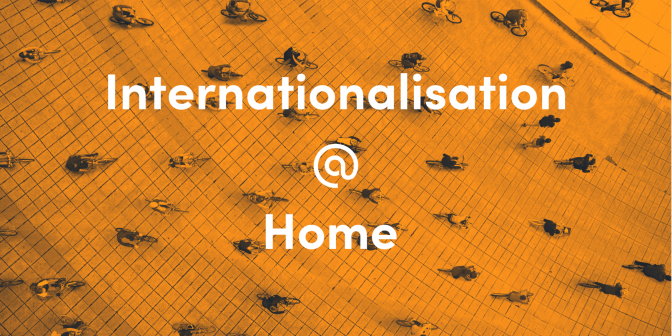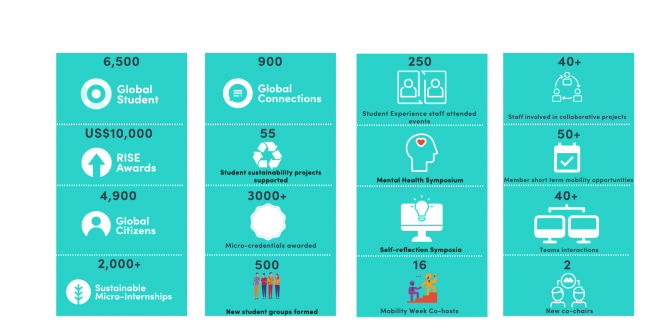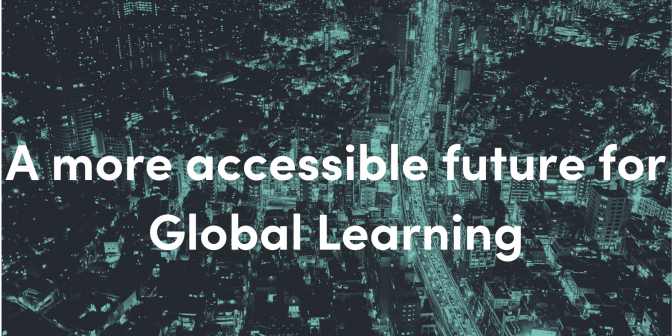From 15-18 November 2021, U21 hosted a week long opportunity for colleagues across U21 to come together around the theme 'Looking Ahead'. The week long programme of events, all related to Global Mobility, consisted of nine sessions hosted by sixteen mobility group members. Please click on the images to view the recordings, or look at the session description to download and access other resources.







